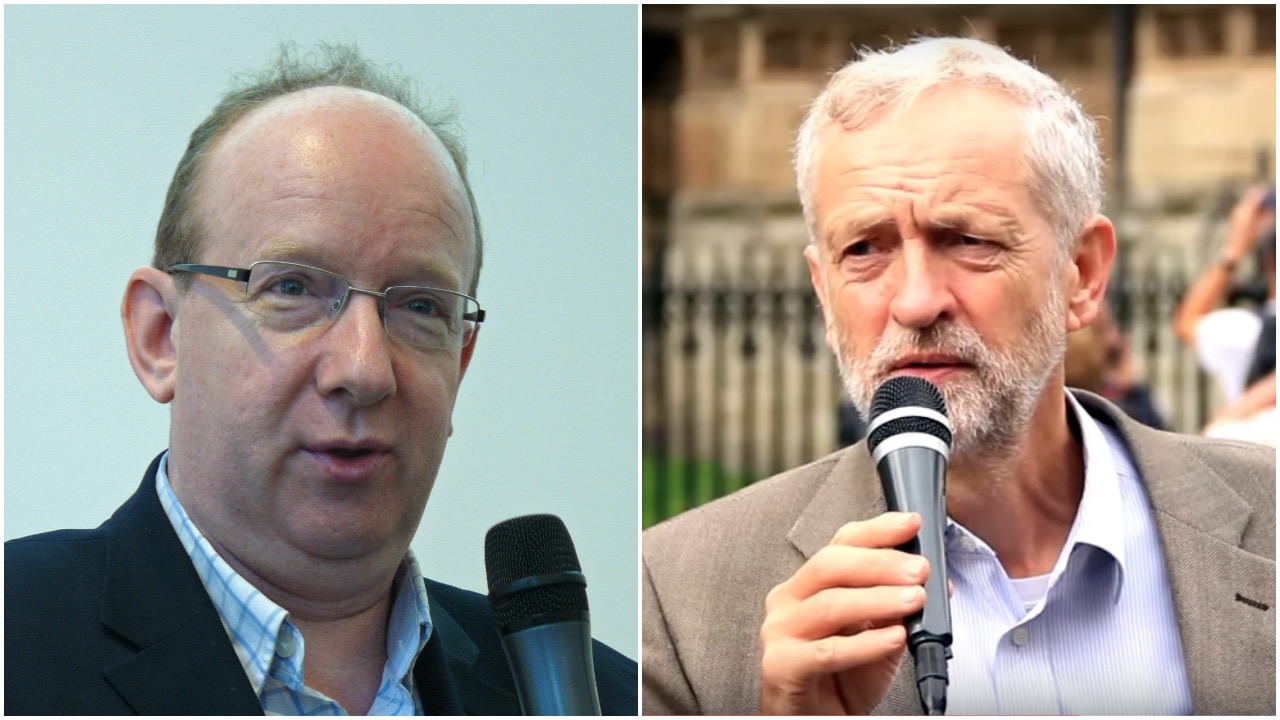The Conservatives must throw their support behind the Human Rights Act. If they don’t, then they risk a Jeremy Corbyn government unchecked by the protection of basic civil and political rights.
That is the simple argument made by Daniel Finkelstein in this week’s Times (£). Finkelstein, a Conservative peer and Times associate editor, highlights the recent suggestion by the Labour leader that people’s homes in Kensington should be “occupied” to house the victims of the Grenfell fire. He compares the comments to those of Hugo Chávez.
Corbyn is no Chávez, but he is certainly a great admirer of the late Venezuelan strongman who had a habit of expropriating private property. Private property rights are a central part of human rights protections.
As always, Finkelstein’s argument is thoughtful and well balanced. He points out that being “swept up in the moment” is not confined to the left. The right, too, “likes its fair share of attacking “elites” and catching the public mood on immigration or crime” and in “adopting the language of populism you might even argue that the right has been more sinned against than sinning”.
We are currently in a populist “moment”. Whatever the issue – the Grenfell fire, terrorism or the Charlie Gard case – there are no shortage of commentators, politicians and angry crowds railing against the “elites”. Just yesterday, Nigel Farage told CNN that the “establishment” is effectively trying to kill Charlie Gard.
The son of Holocaust survivors, Finkelstein reports feeling a “little bit less confident” today that “public panics and sweeping moods” are not leading somewhere more sinister. Towards, a darker society the like of which we in Britain have thankfully been spared.
… for me, one of the key attributes of being a British conservative is standing up to populist enthusiasm when it threatens limited government, individual rights, due process and the rule of law.
But, as Finkelstein argues, one of the “key attributes” of being a British conservative is “standing up to populist enthusiasm when it threatens limited government, individual rights, due process and the rule of law.”
Well said, but how to do it? Well, it turns out we have laws which are designed to do just that. They are the Human Rights Act and powers of judicial review. Powers which the Conservative Party, for the past decade or so, has tried to weaken.
It is time for the Conservative Party to “drop its opposition to the Human Rights Act and its complaints about judicial review”. Because, one day, “conservatives might be very grateful for these things”. I would add that the day may come far sooner than 2022, making Finkelstein’s point a very urgent one.
Finkelstein has previously put the wider case for human rights laws, but this is a very practical one. Human rights are at their base a bulwark against state excesses. This is an argument whose time has come. We at RightsInfo have found that our content which makes this point has had a huge uptake in the past year or so – especially since Brexit and Trump, for example Natasha’s Handmaid’s Tale piece and our Holocaust Memorial Day video.
He also makes a another practical point. that an argument based on the “advancement of personal freedom and parliamentary democracy against a revived socialism” could beckon young voters back to the party. The public attitudes research I have seen well supports that point.
He concludes as follows, in a passage which should be etched onto the desks of any centrist Conservative:
But that is precisely the reason why we have human rights protection. In order that people can secure their individual liberty… There is a reason why human rights are often being claimed by people the rest of us can’t stand or want to get rid of. That is what the legislation is for.
Well said. Let’s hope people listen.
RightsInfo on… The Human Rights Act
What is the Human Rights Act? Our wonderful volunteer Natasha explains!
تم نشره بواسطة RightsInfo في 7 يوليو، 2017







